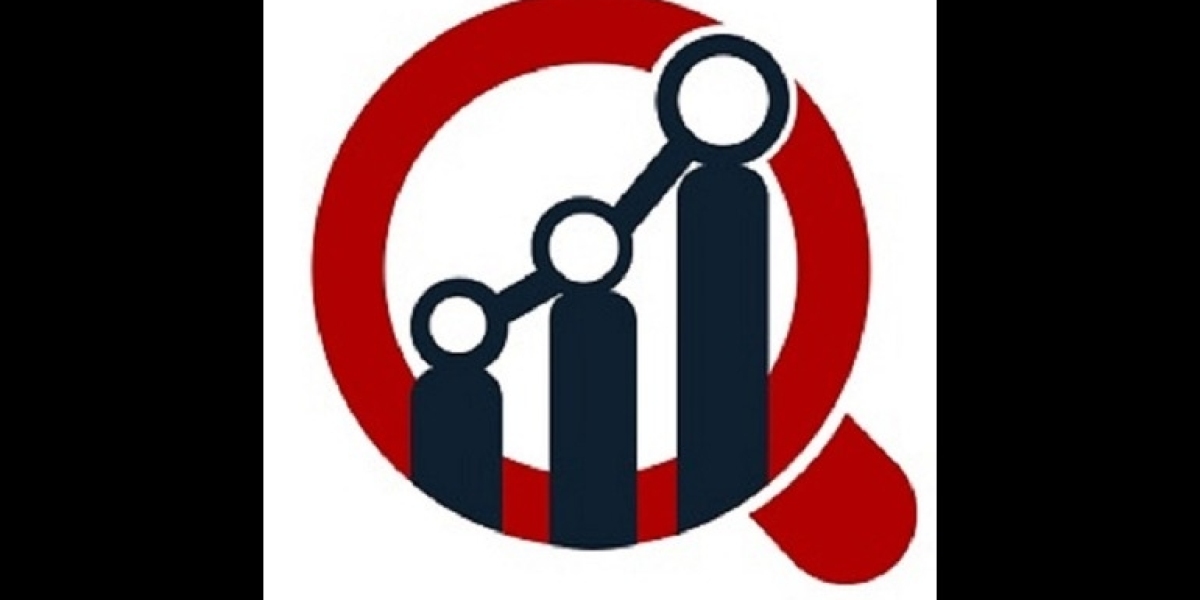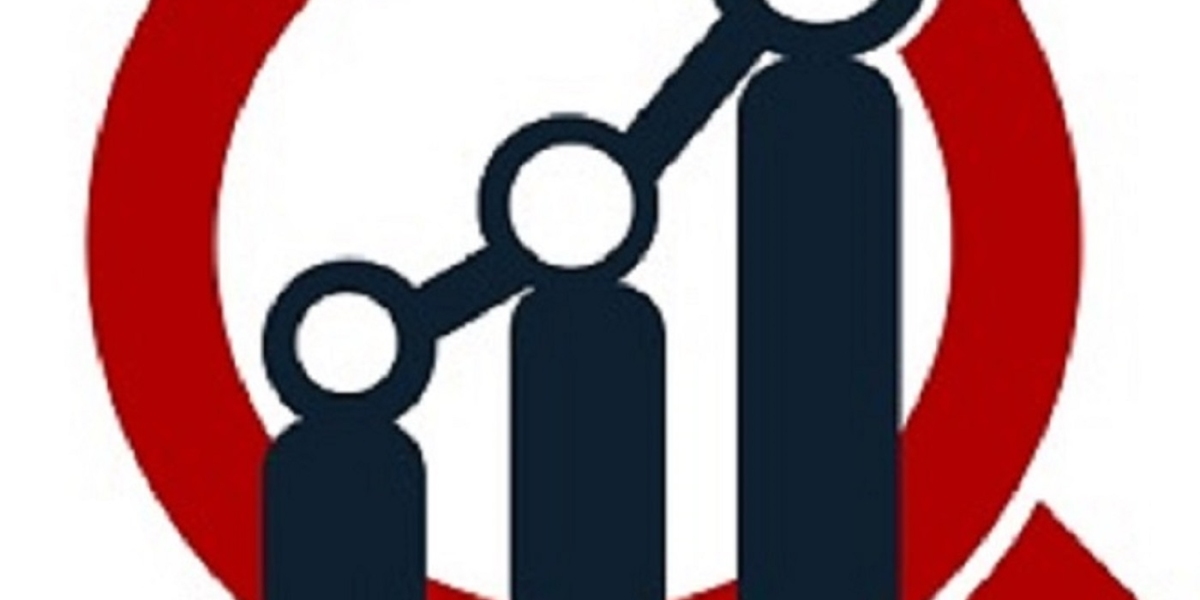Takaful Insurance: The Ethical Alternative to Conventional Insurance
Introduction
In recent years, there has been growing interest in financial products that align with ethical and religious principles. One such product is Takaful Insurance, an Islamic insurance concept grounded in mutual cooperation, shared responsibility, and ethical investing. Unlike conventional insurance, which some Muslims find incompatible with Shariah law due to elements like uncertainty (gharar), gambling (maysir), and interest (riba), Takaful offers an alternative that meets these ethical standards.
What is Takaful Insurance?
Takaful is an Arabic term meaning “guaranteeing each other” or “joint guarantee.” It refers to a cooperative system where members contribute money into a pool to guarantee each other against loss or damage. This system operates on the principles of mutual assistance, shared risk, and ethical investment.
Unlike conventional insurance companies that aim to generate profit from premiums, a Takaful operator acts as a manager or trustee of the participants’ funds and manages the risk collectively. Any surplus from the pool after claims and expenses may be shared among the participants or reinvested.
Key Principles of Takaful
- Mutual Cooperation (Ta'awun): Participants cooperate by pooling contributions to protect each other.
- Shared Responsibility: All participants share the risk collectively, spreading the burden.
- No Riba (Interest): The funds are managed without charging or earning interest.
- No Gharar (Uncertainty): Contracts are clear and transparent to avoid excessive uncertainty.
- Ethical Investment: Funds are invested only in Shariah-compliant activities, avoiding industries like alcohol, gambling, or pork.
How Does Takaful Work?
Participants pay a contribution (often called a donation or tabarru’) into a common fund. This fund is used to compensate any participant who suffers a loss or damage covered under the agreement.
- Operators manage the fund and are usually compensated through fees or a share of the investment profit.
- Surplus Sharing: If the total contributions exceed the claims and expenses, the surplus can be redistributed among participants or kept to strengthen the fund.
- Deficit Handling: In case of a deficit, additional contributions may be sought from participants or covered through interest-free loans provided by the operator, which must be repaid.
Types of Takaful Insurance
Takaful products are broadly categorized into:
- Family Takaful: Similar to life insurance, it provides financial protection to beneficiaries in case of death, disability, or critical illness.
- General Takaful: Covers non-life risks such as motor insurance, health insurance, property insurance, and business risks.
Benefits of Takaful Insurance
- Ethical and Shariah-compliant: Provides peace of mind to Muslims seeking insurance without compromising their beliefs.
- Mutual Support: Encourages community solidarity and cooperation.
- Transparency: Clear contract terms reduce disputes and misunderstanding.
- Profit Sharing: Participants may benefit from surplus funds.
Challenges Facing Takaful Industry
- Market Awareness: Limited awareness among consumers in some regions.
- Regulatory Framework: Lack of uniform regulations in different countries can create operational challenges.
- Competitive Pressure: Conventional insurers often have deeper resources and larger market share.
- Product Innovation: Need for more diverse and flexible Takaful products to meet varied customer needs.
The Future of Takaful Insurance
With increasing demand for ethical financial products, Takaful insurance is poised for significant growth globally. Markets in the Middle East, Southeast Asia, and even Western countries with Muslim minorities are seeing rising interest. Advances in technology, including digital platforms and fintech solutions, are helping Takaful operators reach new customers efficiently.
Governments and regulators are also beginning to establish clearer frameworks to support Takaful’s growth. As awareness spreads and products diversify, Takaful could become a mainstream choice for ethical insurance worldwide.
Conclusion
Takaful insurance represents a unique, ethically grounded approach to managing risk, emphasizing community solidarity and Shariah compliance. For Muslims and ethical investors alike, it provides a compelling alternative to conventional insurance by promoting transparency, fairness, and shared responsibility.
Whether you are seeking protection for your family, health, or assets, Takaful offers a solution that aligns financial security with your values.
Related Report -
| Banking Team Collaboration Software Market |
| Alternative Legal Service Providers Market |
| Augmented Reality In BFSI Market |
| Automated Algo Trading Market |
| Banking Credit Analytic Market |






